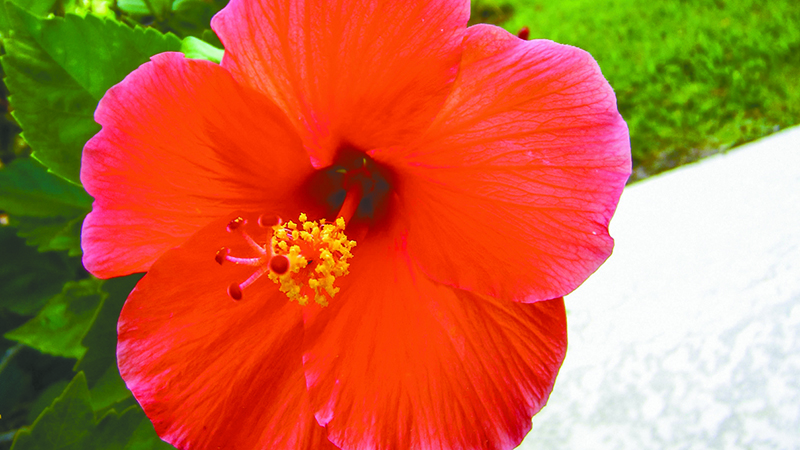OUT IN THE YARD — Companion planting in spring vegetable gardens
Published 12:04 am Thursday, February 27, 2020
Spring is around the corner. Birds are singing, and buds are ready to burst out of their dormant tree limbs and into the warm, sunlit spring air. Gardeners of all ages are dreaming of warm, flower-scented days and planning spring vegetable gardens.
One key to overcoming soil-born pests and diseases is crop rotation. Remember where you planted each vegetable last year. If you have forgotten, get out some paper and write it down this year. Never plant the same vegetable (or family of vegetables) in the same place two years in a row. For example, potatoes, tomatoes and peppers are all in the nightshade family. Make sure you don’t plant any of these three vegetables in the same spot two years in a row.
Another important step is to plant vegetable varieties that grow well in our area. For a list, visit the vegetable variety link on the Jefferson County Master Gardener web page (http://txmg.org/jcmg) or call the Texas A&M AgriLife Extension office at 409-835-8461.
An additional way to increase plant growth and reduce pests is to practice companion planting. The theory of companion planting suggests that plants excrete certain natural chemicals that promote vigorous growth in some plants while inhibiting growth in others. Planting Swiss chard among potatoes will stunt the growth of both plants while planting tomatoes with carrots, onions, or basil should produce higher yields and added growth.
Since pesky insects find their favorite plants by smell. Make it more difficult for them to find their dinner by mixing your garden crops with their appropriate companions. For example, dill and marigolds are said to repel some tomato hornworms, while basil and marigolds are said to repel some whiteflies. Also, allowing pumpkin or squash vines to grow under your corn will help deter raccoons and act as a natural mulch to keep the soil cool.
Mixing flowers, herbs, and vegetables in the garden also will attract bees and other beneficial insects. Bees are necessary to pollinate many vegetable blossoms, and beneficial insects such as ladybugs, lacewing and assassin bugs eat or kill insects that are harmful to vegetables. Plant bee balm, dill, sunflowers, basil, daisies, or chives to attract these insects.
None of these methods are 100% effective, but, but with a little research and planning, these methods can decrease the amount of insecticides used in the garden.
Start planning now, because soon the weather will heat up and your dreams of planting vegetables will either come true or melt away under scorching summer sun.
Reach Jefferson County Master Gardener, Melissa Starr, at melynstarr@hotmail.com or call the Texas A&M AgriLife Extension at (409) 835-8461.






